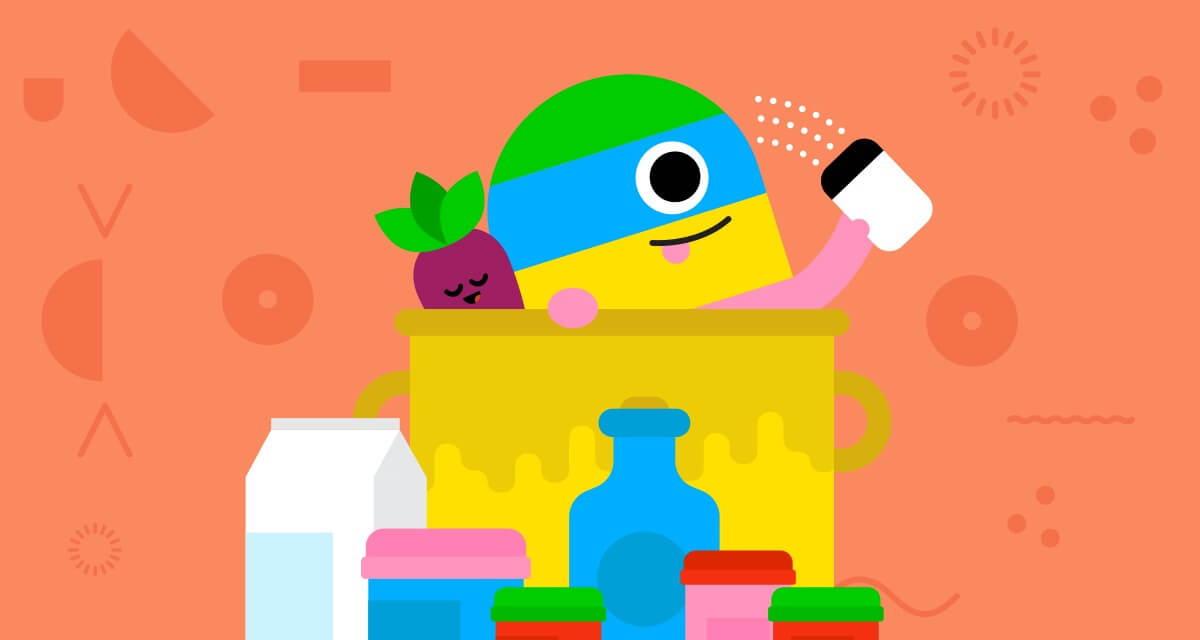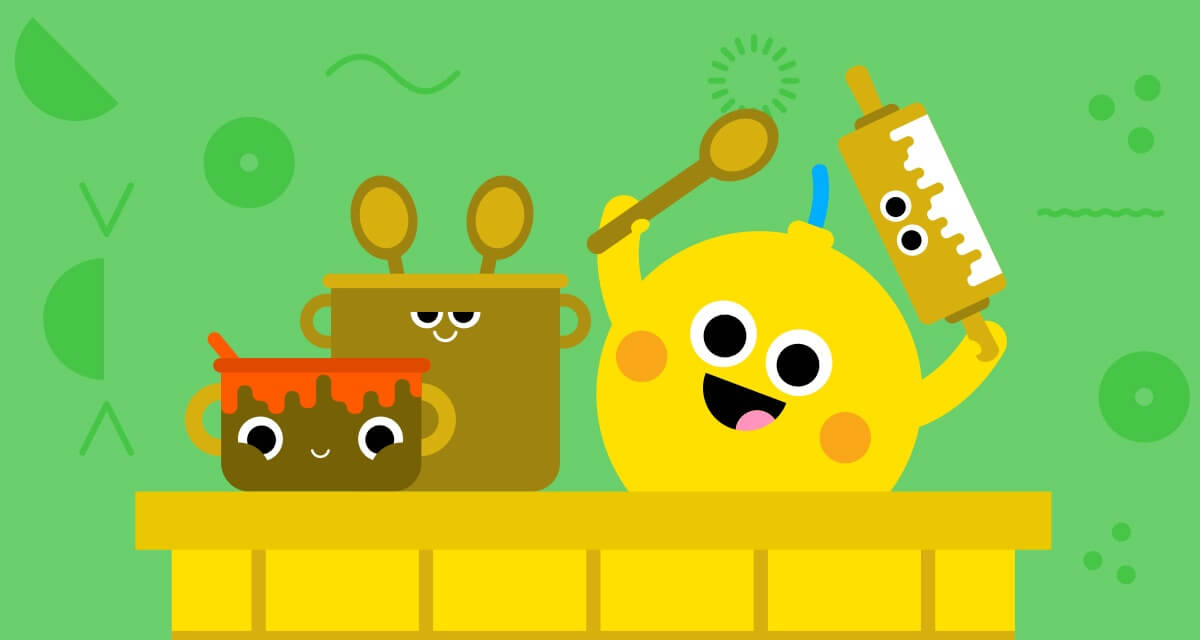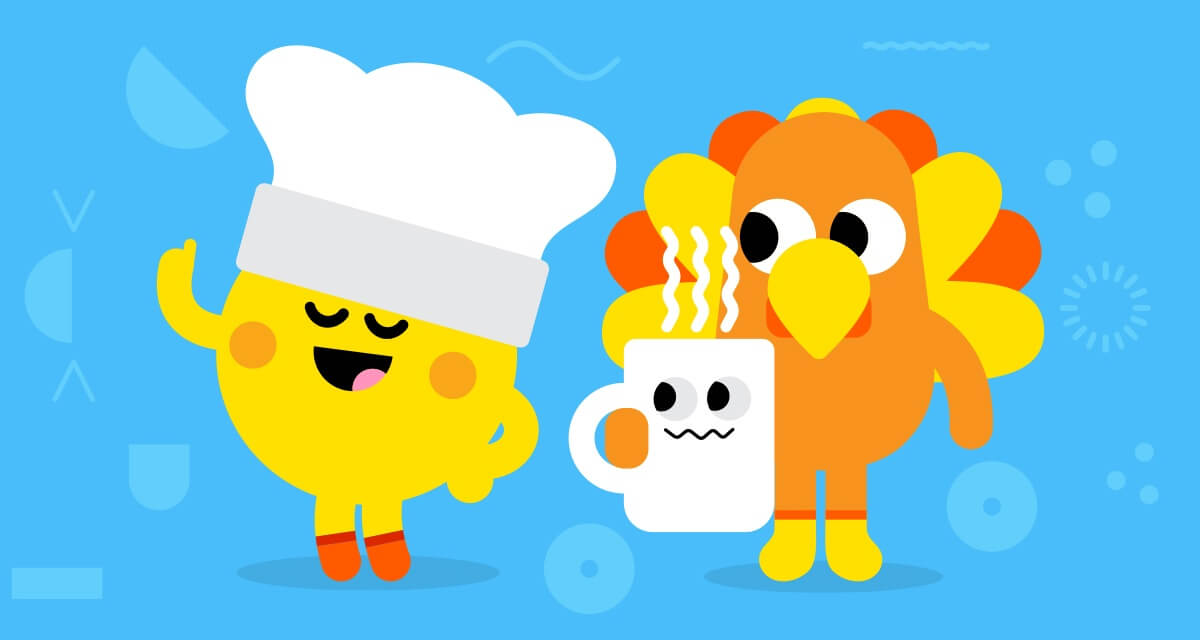Even if your kid's not into cooking, there’s still room for playing, experimenting and getting creative in the kitchen.
- By
- Parker Barry
A lot more can happen in the kitchen besides cooking food. If you’ve got a budding scientist at home — but no laboratory — chances are your kitchen does double duty as Science Lab Central.
It makes sense. Cooking itself is very much about chemistry, and TV shows like Sid the Science Kid help even young kids understand that chemical reactions are central to cooking. And kids (usually with help from an adult) love to experiment with different substances, from making play dough to polymers like goop to baking-soda volcanoes.
My kids have used the kitchen as a lab for fun stuff like:
- Making lip balm. This was a messy and fun project that involved melting shea butter and beeswax and mixing in essential oils. The kids followed a recipe, and the project also allowed for some open-ended experimentation with scents and colors.
- Making Minecraft potions. When my son saw a small potion bottle at the craft store, I didn’t understand at first why he just had to have it. But once he got it home it became clear that the potion bottle was a key element to making Minecraft potions, which he spent the next several weeks creating. For him, heading into the kitchen to make the potions was a fun way to connect the digital world with the physical world.
They’ve also use the kitchen as a lab for more formal experiments:
- Extracting iron from breakfast cereals. This project, in which my son used magnets and distilled water to extract iron from several breakfast cereals, involved many of the skills you’d use in cooking: careful measuring, pouring, using a blender, cleaning up.
- Testing the impact of fruit enzymes on gelatin desserts. With this project my daughter practiced key kitchen activities such as cutting up food, boiling substances and testing.
Keep these items on hand for to support your kid’s interest in kitchen chemistry:
- flour
- baking soda
- vinegar
- cornstarch
- salt
- school glue
- borax
- unflavored gelatin
- food coloring (discovering natural food colorings is a fun project in itself)
- glycerin
- dish soap
- sugar
- vegetable oil
- honey
With these ingredients and the multitude of kitchen science recipes online (Pinterest is great for this), your kids can experiment and create dozens of projects. Be sure to stock up on general supplies for your kitchen-loving kids as well.




